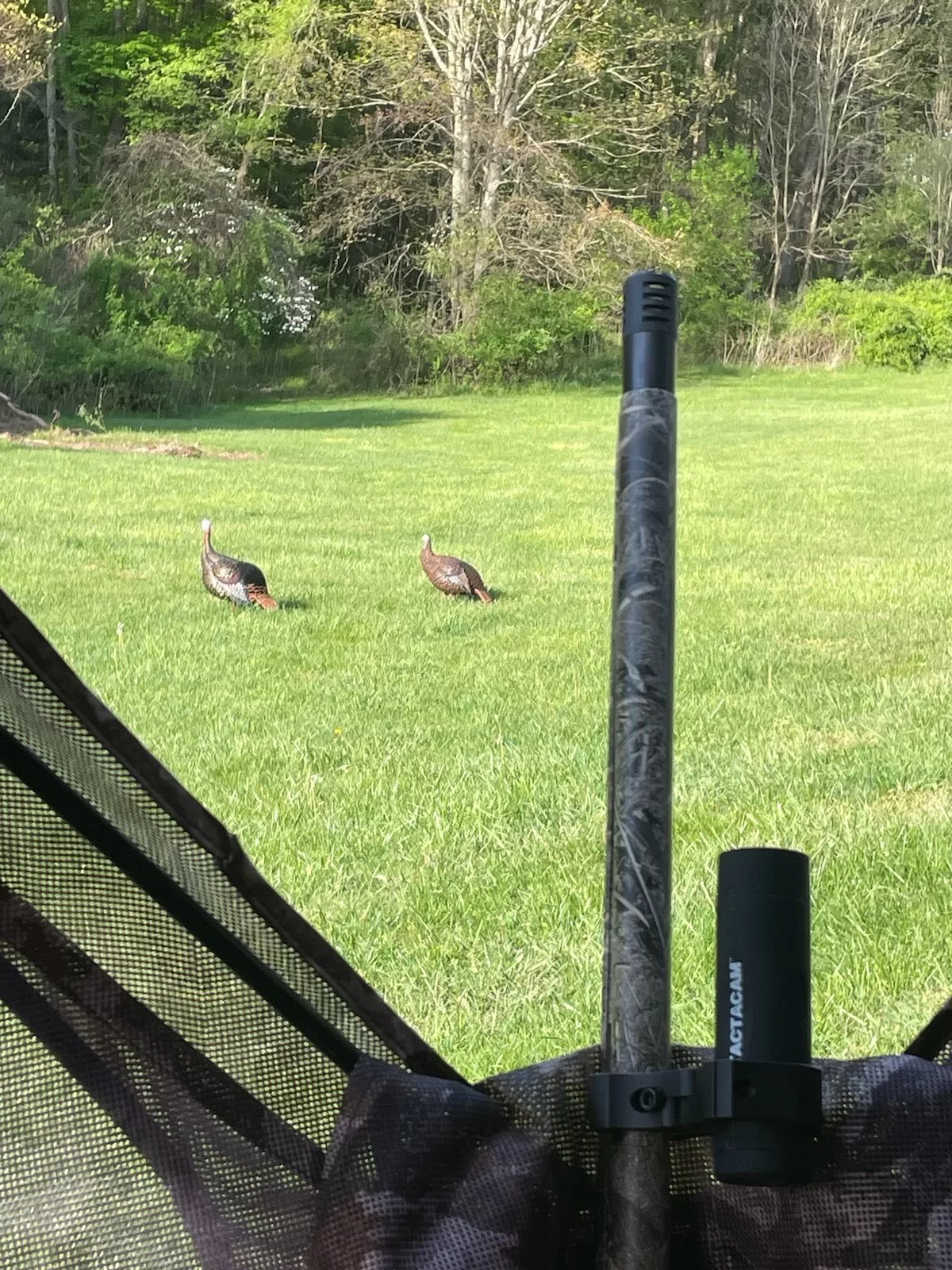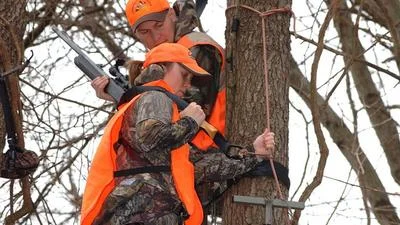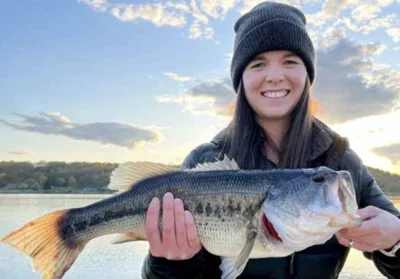With the fall turkey hunting season in full swing across Ohio from Oct. 14 until Nov. 12, seasoned hunter and owner of Utica-based Reaper Valley Tactical LLC, Mark Jenkins, shared insights and tips for both experienced and novice hunters to ensure a successful and enjoyable experience.
Jenkins, who has been a dedicated turkey hunter for over two decades, said Reaper Valley Tactical is poised to help hunters or all backgrounds.
“We have firearms, ammunition, we have holsters, turkey calls, mouth calls, all kinds of different calls. We're just a small town out there doing what we are. We're not a big name box store. We don't try to be we don't claim to be and it works for the small town that we live in,” he told the Mount Vernon News.
Jenkins emphasized the importance of proper preparation and honing skills to make the most of the hunting season.
For newcomers to the sport, Jenkins offers guidance on getting started. He recommends that beginners first consider their budget when purchasing hunting equipment. Understanding that turkey hunting can be a challenging endeavor with a learning curve, he advises not investing in expensive shotguns right away.
Jenkins encourages novice hunters to begin with a budget-friendly 12-gauge shotgun. He points out that many experienced hunters miss more turkeys than they successfully shoot due to the skittish nature of these birds.
“You can buy a $250 shotgun or you can buy an $1,800 shotgun,” Jenkins said.
“It all just depends on the person that I'm talking to. Now, you don't need an $1,800 dollar shotgun to get started because for one thing, a lot of people turkey hunting is a frustrating sport. And I'm telling you, you're going to miss more turkey than you're going to ever have the chance to shoot. They just they're very skittish animals. So it might not be the smartest thing to do to buy the most expensive shotgun right off.”
Regarding equipment choices, Jenkins recommends choosing the right style of turkey call, such as mouth calls, slate calls, or box calls. To make the correct turkey sounds, he encourages practicing consistently to achieve the right tone and rhythm. There are instructional videos available on platforms like YouTube, featuring expert hunters who can help newcomers master various turkey calls.
“The biggest thing is figure out the type of call you want and practice with it. You've got guys have been practicing calls for 20 years and they'll still get them out a couple of months before turkey season just to knock the dust off to figure out if they're making the right sounds and still practicing. You never stop practicing making turkey calls,” he said.
Another essential aspect of successful turkey hunting is understanding the significance of patterning one's shotgun.
“Make sure you pattern your gun,” Jenkins said.
“But don't just assume that you can put the bead on the turkey's head at 30 yards and you're going to shoot that turkey and then the beads of the shell is going to go where you need it to. You need to pattern your gun, make sure that it is hitting where it needs to hit, and the type of ammunition.”
Jenkins emphasizes the importance of ensuring that the firearm is accurate and aligned with the desired target. He highlights the advancements in shotgun ammunition, such as Tungsten Super Shot (TSS) rounds, which offer better velocities and tighter groupings, providing more pellets on target.
Given the exceptional eyesight of turkeys, hunters must be well concealed. Jenkins recommends using appropriate camouflage to avoid detection. Additionally, many hunters use turkey decoys in the spring season to attract the birds, particularly full-strut turkey Tom decoys.
For hunting location and property boundaries, Jenkins recommends utilizing the OnX app, a valuable resource that lists public hunting grounds, identifies property owners and outlines property lines to prevent unintentional trespassing.







